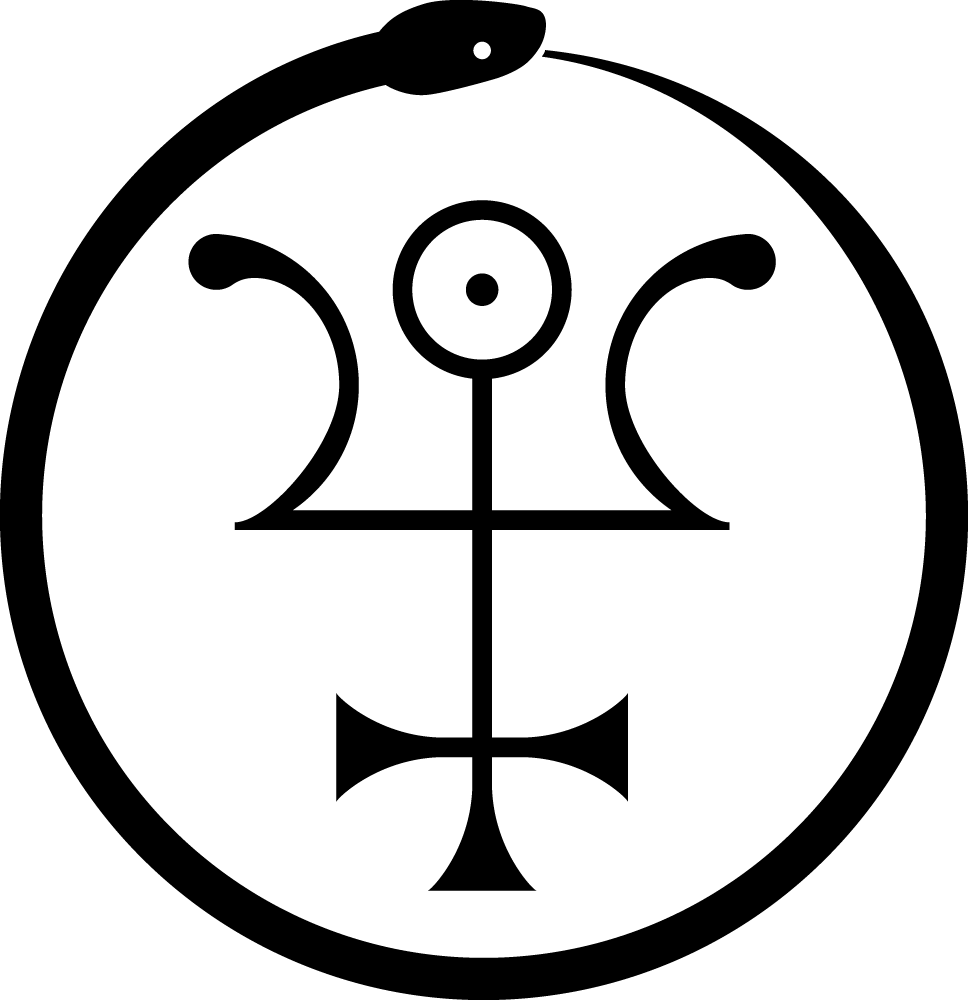(6th-7th cent. e.v./mythic)
by T. Apiryon
Usually spelled Gamuret or Gahmuret, this name (pronounced “ga-mu-rey”) is the early source of the familiar name “Montgomery.” Gamuret was the father of Parzival by Queen Herzeleide, sister of Amfortas. כמורת = 666, כמורחת = 671.
The story of Gamuret apparently originated with the Bavarian knight-poet, Wolfram von Eschenbach (c. 1170 – c. 1220 e.v.), who dedicated the first two chapters of his romance Parzival (1207) to Gamuret’s adventures. Gamuret was the younger of the two sons of Gandin, the king of Anjou. When the old king died, the older brother, Galoes, inherited his entire kingdom. Landless, the young Gamuret decided to journey to the East to seek his fortune.
When he reached Mesopotamia, he offered his services as a warrior to the Baruc, the ruler of Baghdad. He assisted the Baruc to wrest the city of Nineveh from the control of the Babylonian brothers Ipomidon and Pompeius. He then travelled around the Baruc’s empire, jousting in tournaments.
After winning a great victory in a tournament in the kingdom of Zazamanc, Gamuret acquired a miraculous helmet called the Adamant. Through his heroics, he also attracted the attention of Belakane, the dusky queen of Zazamanc; they fell in love and were married. He shared with her the throne of Zazamanc for a time, but peaceful court life in a foreign land was not suited to the young warrior. He grew restless, and he presently stole away from Zazamanc by sea in search of adventure. He left a note to Belakane that they would soon be reunited, provided she became baptized. After he had left, Belakane gave birth to Gamuret’s first son, Feirefiz, the piebald, later to become the father of “Prester John.”
Gamuret arrived in Spain, and began to travel around Europe with his cousin Kaylet, king of Spain and Castille. While jousting in the kingdom of Waleis (Valais, now in Switzerland) he learned that his brother Galoes had died, leaving him the kingdom of Anjou. He was now landed, and thus unable to return to Zazamanc and his Belakane. However, with his gallantry in tournament he had won the heart of Herzeloyde, Queen of Waleis. Herzeloyde convinced him that he should give up the love of the unbaptized Queen in her favor, and they were married.
Word then reached Gamuret that his old lord, the Baruc, was facing an invasion by the Babylonians. He returned to Baghdad to assist his old friend. While fighting in the intense heat, Gamuret paused to rest, briefly removing the heavy Adamant. While he rested, a treacherous enemy knight spilled billy-goat’s blood upon the great helmet, rendering it “softer than a puffball.” When he again placed it on his head and returned to battle, it was unable to protect him from a lance blow from Ipomidon which transfixed his head. The Baruc embalmed his body and placed it in a splendid tomb, and Queen Herzeloyde gave birth to Parzival while still mourning for her husband.
References:
Bullfinch, Thomas; The Age of Chivalry, 1858, reprinted by Mentor, NY 1962
Eschenbach, Wolfram von; Parzival, translated by A.T. Hatto, Penguin Books, London 1980
Goodrich, Norma Lorre; The Holy Grail, Harper Collins, New York 1992
Waite, A.E.; The Holy Grail, University Books, New Hyde Park, New York 1961
Weigand, Hermann J.; Courtly Love in Arthurian France and Germany, AMS Press, NY 1966
Original Publication Date: 5/9/95
Originally published in Red Flame No. 2 – Mystery of Mystery: A Primer of Thelemic Ecclesiastical Gnosticism by Tau Apiryon and Helena; Berkeley, CA 1995 e.v.
